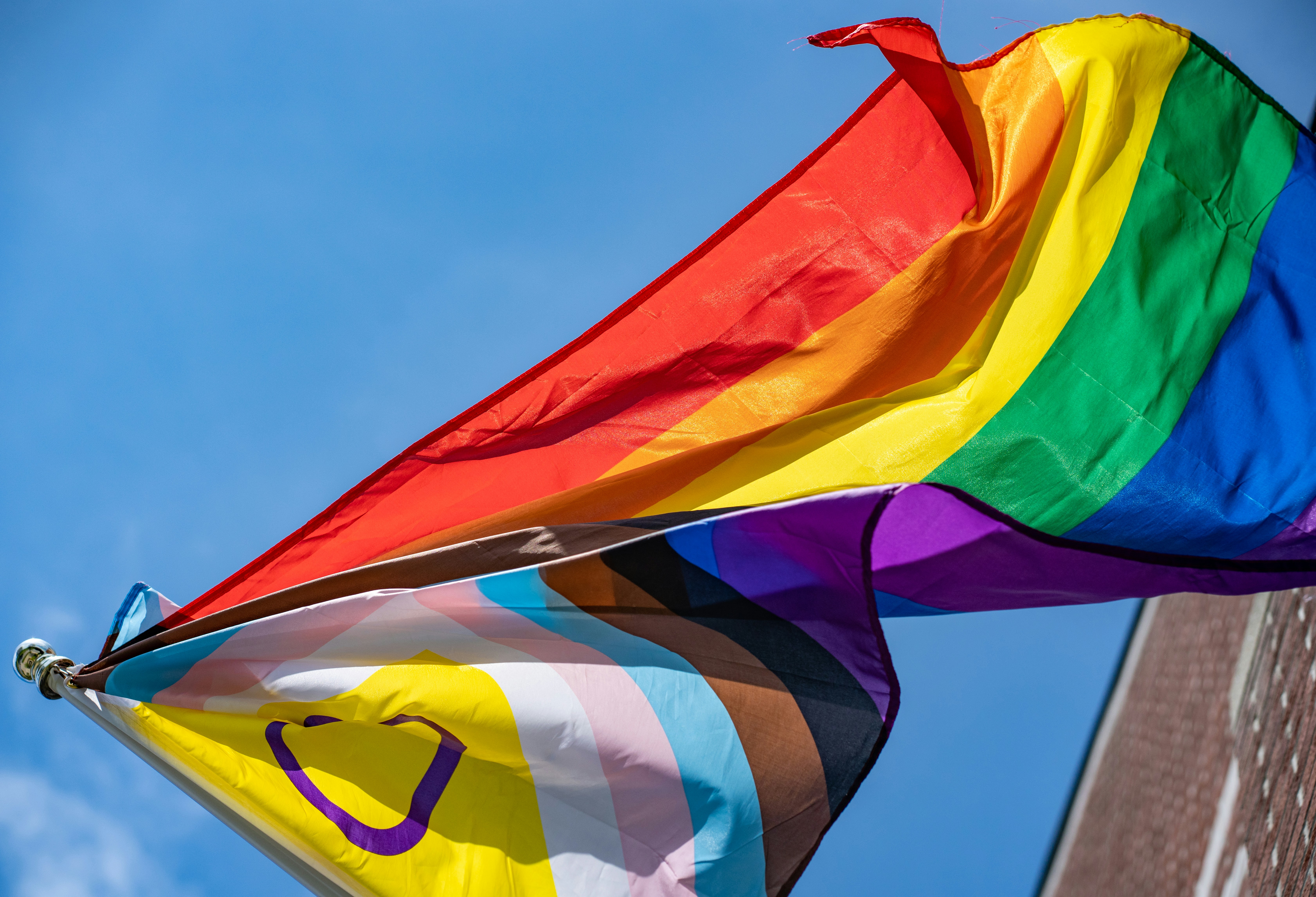“We remain committed”: Promoting LGBTIQ+ rights at home and abroad - NL Host Nation
“We remain committed”: Promoting LGBTIQ+ rights at home and abroad
As the world marks IDAHOT on May 17th, the International Day Against Homophobia, Biphobia and Transphobia, the Netherlands reaffirms its commitment to defending equal rights for LGBTIQ+ persons. For the Dutch Ministry of Foreign Affairs, this is not just a matter of external policy, but also of internal integrity.
“We remain committed to standing up for LGBTIQ+ communities worldwide,” says Cas van der Horst, one of the coordinators of Out There, the ministry’s internal LGBTIQ+ network. “Equal rights for LGBTIQ+ people continue to be one of the five key human rights priorities of the Netherlands. But we also know that our commitment must start from within.”
Out There was established to support LGBTIQ+ staff and allies within the Ministry, offering a space for community, dialogue, and visibility. The group organizes events, advises on inclusive policies, and works to raise awareness both within the organisation and beyond. “Visibility is crucial,” Van der Horst explains. “Not just during Pride Month, which we’re proud to celebrate, but throughout the year.”
Equal Rights Coalition
The Dutch Ministry does not stand alone. Around the world, like-minded governments and diplomatic missions are joining forces to defend human rights for LGBTIQ+ persons. One of the key platforms for this cooperation is the Equal Rights Coalition, an international alliance of over 40 countries working together to protect and promote LGBTIQ+ rights globally.
Thomas Walter, a diplomat at the German Embassy in The Hague, has been closely involved in this cooperation. “Germany and Mexico recently co-chaired the Equal Rights Coalition,” he says. “We’ve now passed the baton, but our commitment remains. The Coalition allows us to coordinate efforts, speak out together in international forums, and share strategies that work.”
Beyond diplomatic statements, the work is also being done behind the scenes. One such example is the Equal Human Rights Commission, an initiative that brings together representatives from various embassies and ministries. “It’s a space where we exchange best practices, build partnerships, and support each other in making LGBTIQ+ inclusion a reality,” Walter explains.
Structured collaboration important in times of backlash
This kind of structured collaboration is especially important in times of backlash. Both Van der Horst and Walter stress that progress is never guaranteed, and that setbacks in one country can have ripple effects elsewhere. “That’s why this kind of alliance matters,” says Van der Horst. “It shows solidarity. And it sends a message that equal rights are not optional, they’re fundamental.”
As IDAHOT approaches, both diplomats reflect on what the day represents. “It’s a moment of visibility and support, especially for those who live in countries where coming out still carries risk,” says Walter. Van der Horst agrees: “It reminds us that behind every policy or diplomatic effort, there are real lives and real struggles. And it’s our responsibility, as representatives of our governments, to stand up.”

